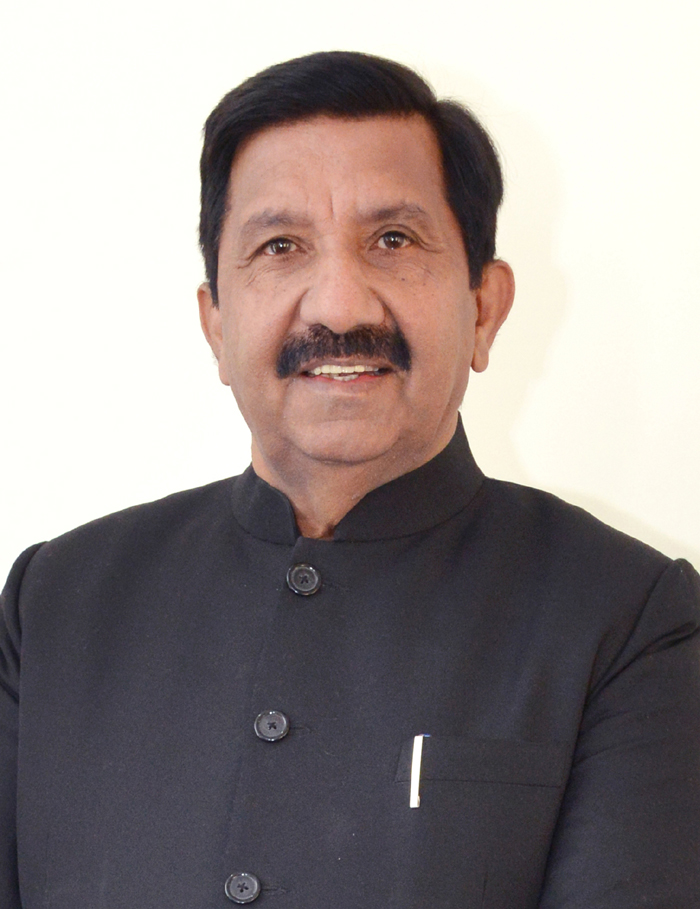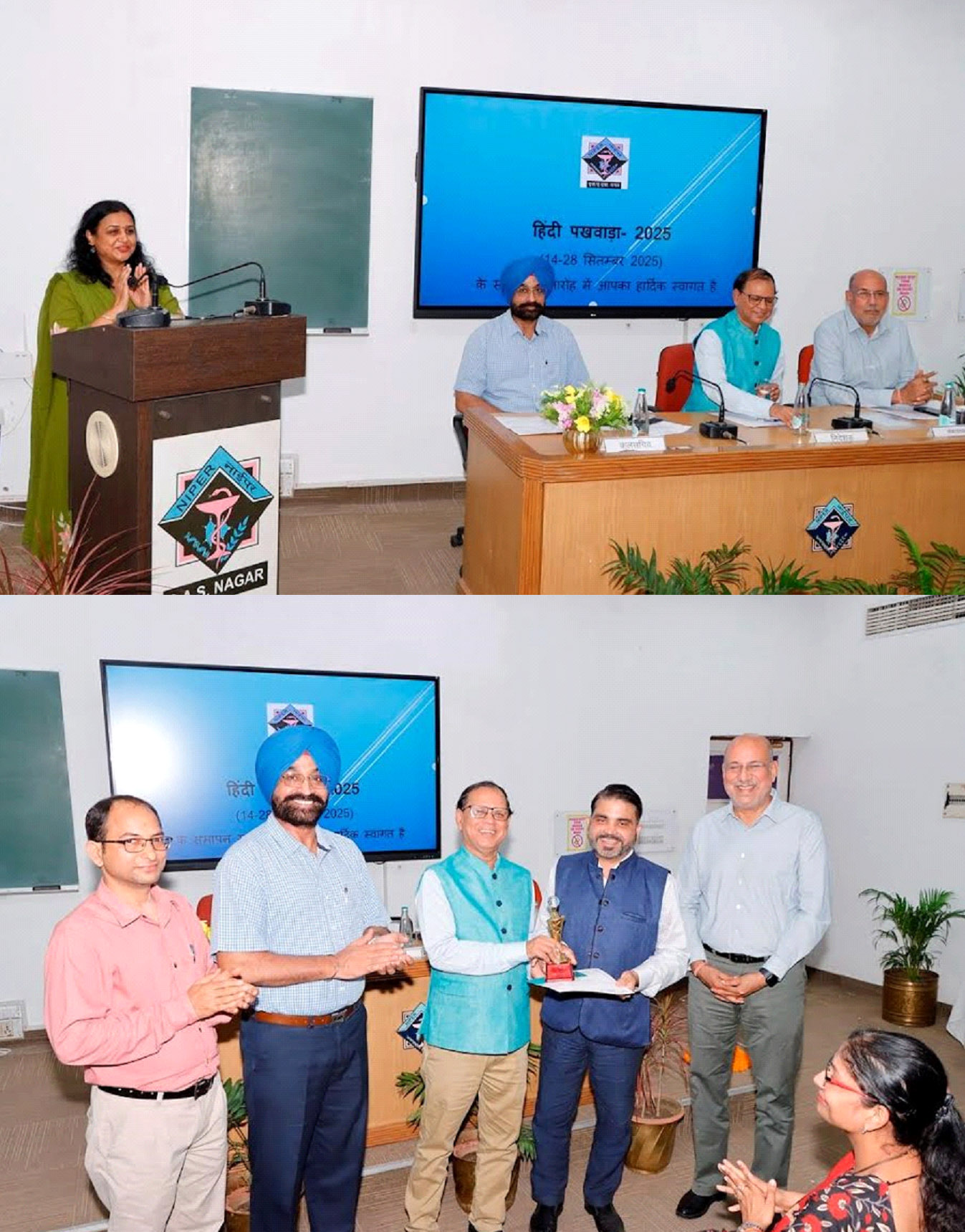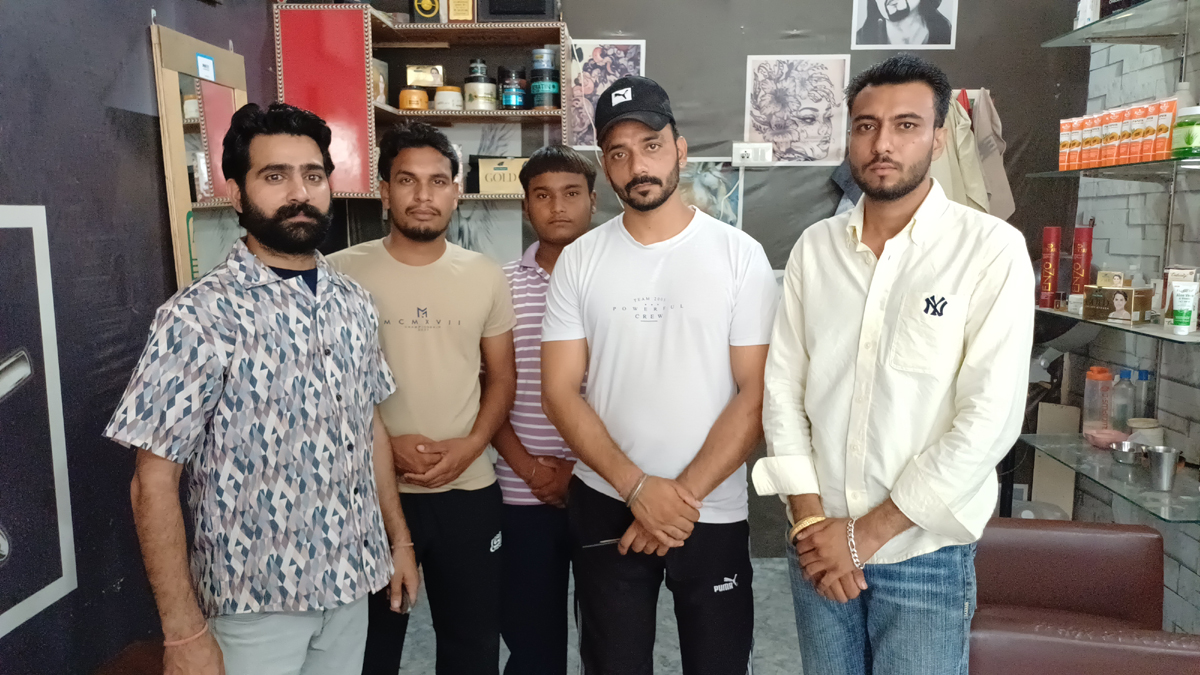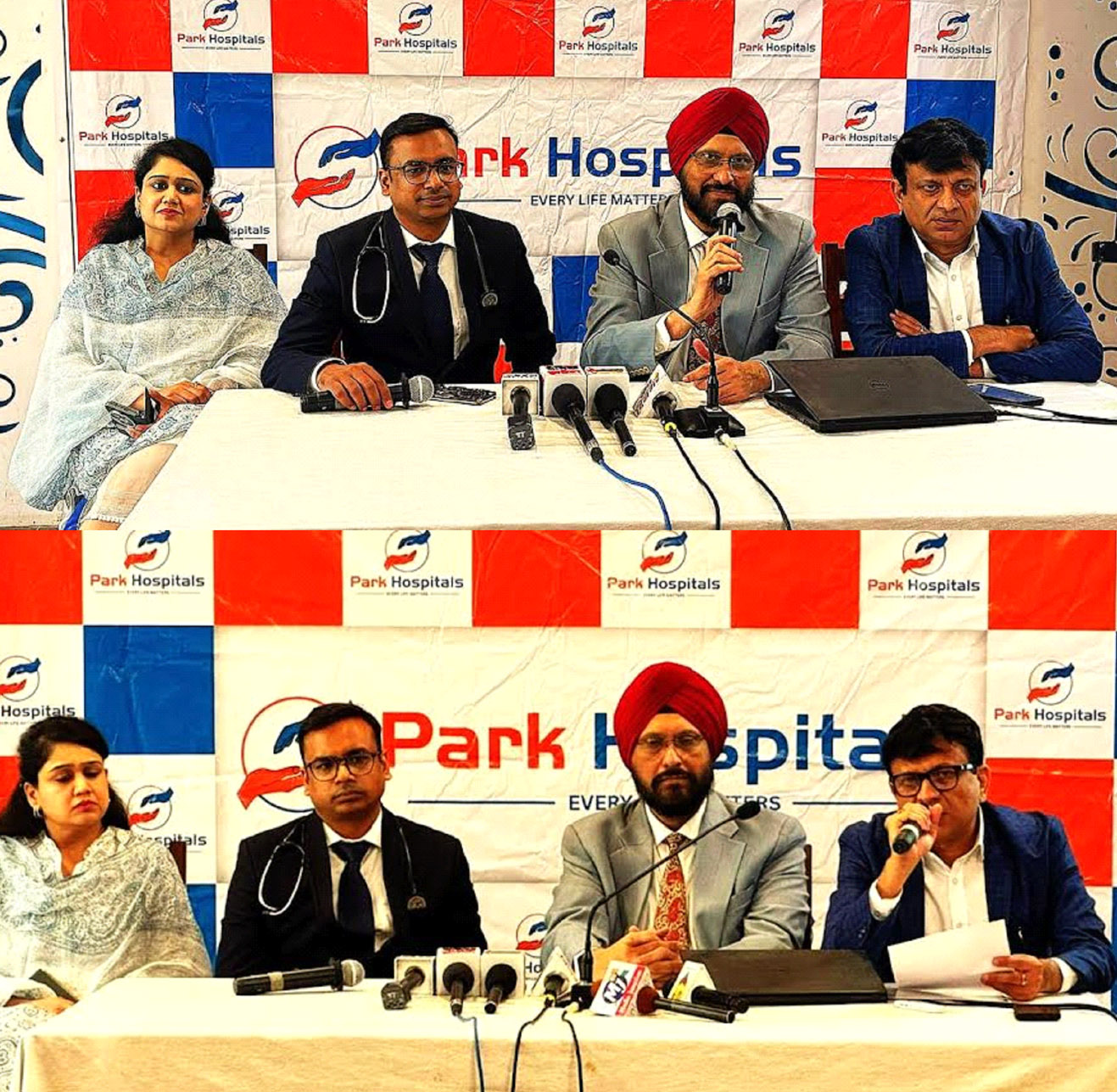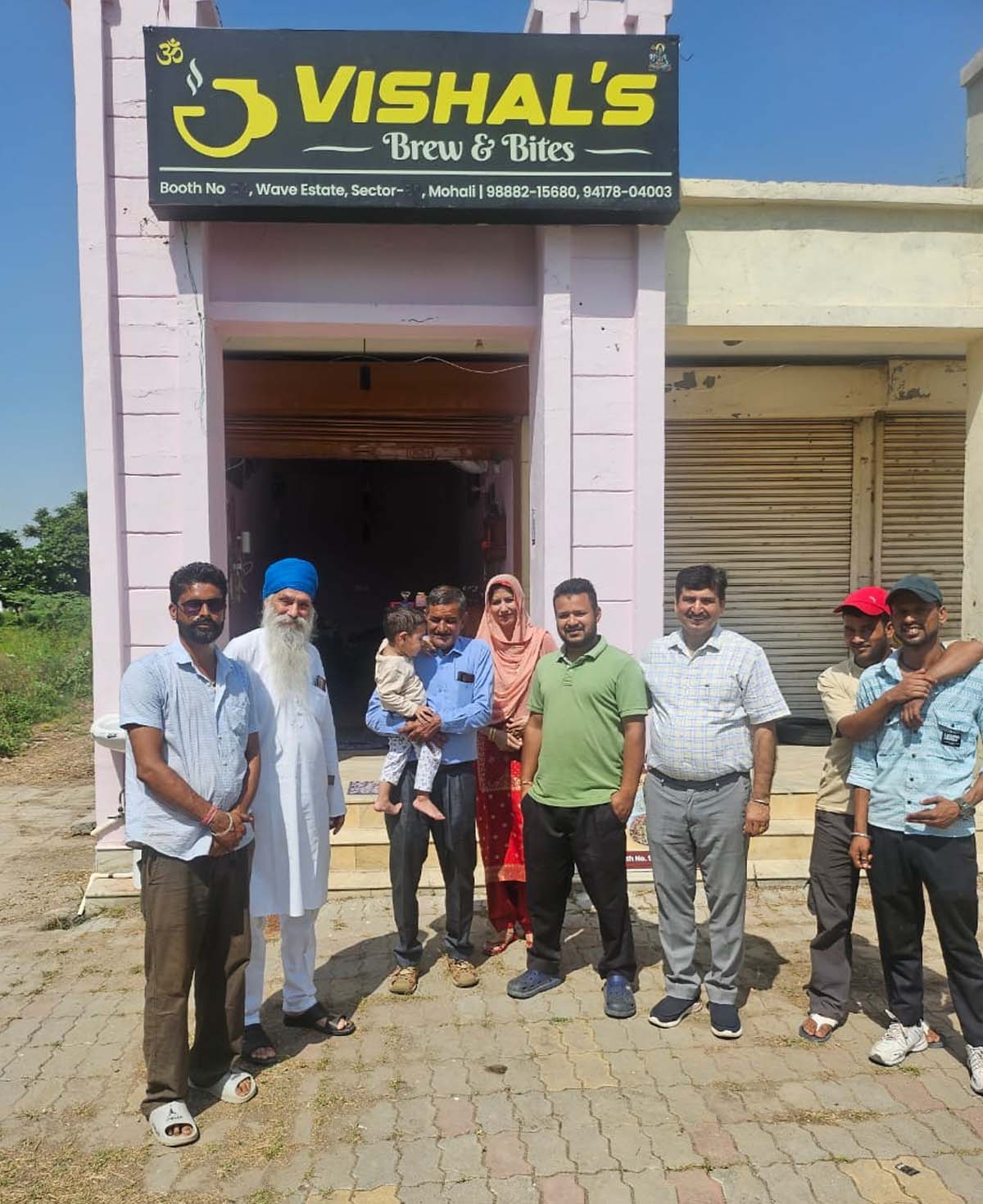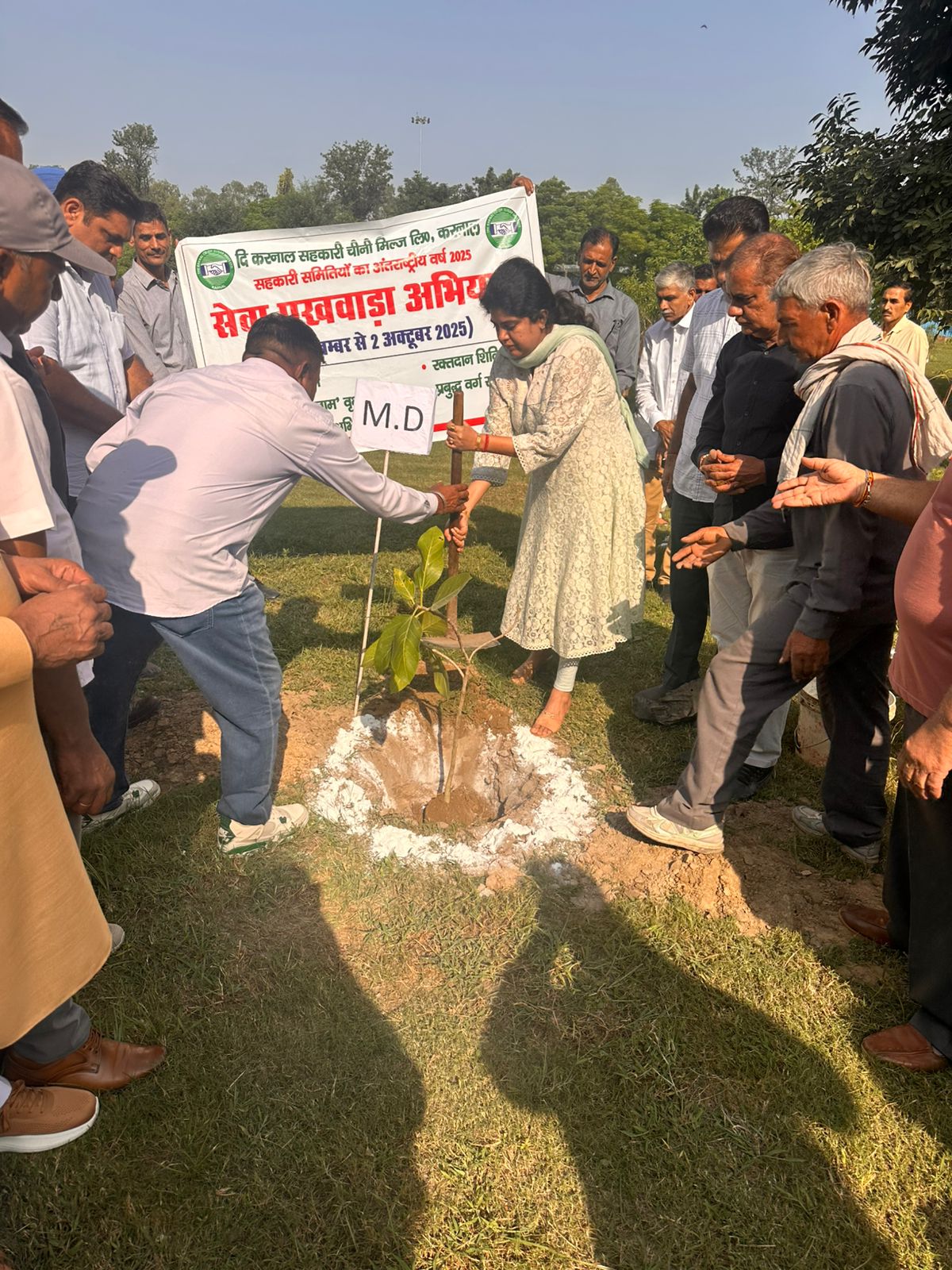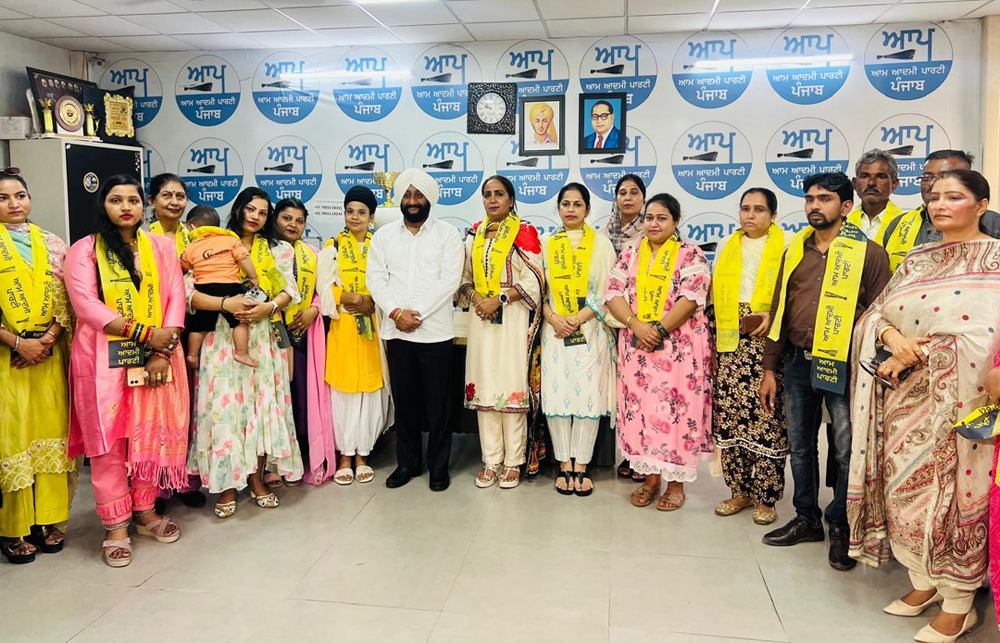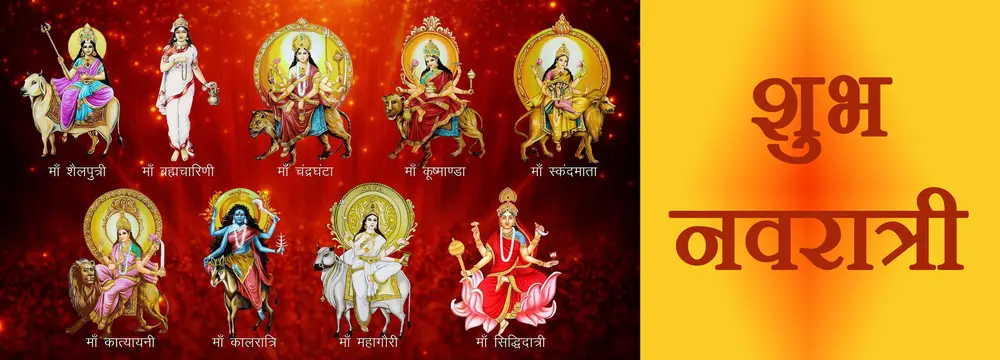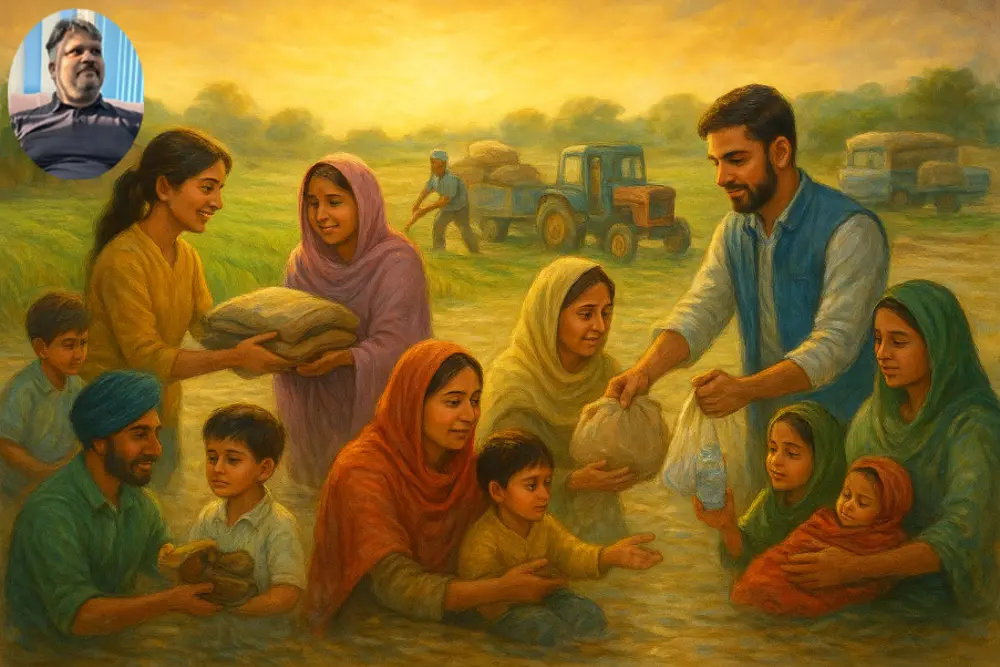
The Need for Unity and Donations in Rebuilding Punjab
The recent floods that devastated Punjab have left behind a horrific scene of destruction, submerging entire villages, washing away homes, and severely damaging crops. For a state where agriculture is the backbone of life, these disasters strike at the economy, livelihoods, and push thousands of families into despair. Yet, amidst this devastation, the people of Punjab have shown remarkable resilience. From local volunteers to the diaspora worldwide, donations of money, food, and clothing have become a lifeline, proving that unity and generosity can mend what the floods have broken.
The recent floods that devastated Punjab have left behind a horrific scene of destruction, submerging entire villages, washing away homes, and severely damaging crops. For a state where agriculture is the backbone of life, these disasters strike at the economy, livelihoods, and push thousands of families into despair. Yet, amidst this devastation, the people of Punjab have shown remarkable resilience. From local volunteers to the diaspora worldwide, donations of money, food, and clothing have become a lifeline, proving that unity and generosity can mend what the floods have broken.
When floods strike, the immediate need is for rescue and relief. Families flee with nothing but the clothes on their backs, and donations become their support. Rice, lentils, and ready-to-eat meals provided by organizations to relief camps ensure food supply. Bottled water and purification tablets ensure access to clean drinking water, which is critical when floodwaters contaminate wells and rivers. Blankets, tarpaulin sheets, clothing, winter jackets, shawls, and children’s shoes provide warmth and protection. In Punjab, local gurdwaras, community groups, and ordinary citizens have stepped forward, delivering these essential items to relief camps, providing hot meals and care. These contributions, often facilitated through grassroots campaigns, restore dignity and hope to those who have lost everything.
However, full recovery demands more than temporary aid. Post-flood reconstruction is a long and arduous process. Rebuilding homes requires bricks, cement, and labor. Roads washed away by raging waters need to be repaved. For Punjab’s farmers, the loss of crops like wheat, rice, and vegetables means no source of income. Donations of hybrid seeds, organic fertilizers, and small cash grants are needed to help them replant and make their fields arable again. The Punjabi diaspora from cities like Toronto, London, New York, and Sydney has become a pillar of support, sending millions in funds and crates of supplies. Organizations like Khalsa Aid have distributed essentials like cooking oil, flour, and hygiene kits, while initiatives funded by Punjabi singers and artists have rebuilt entire villages.
Healthcare is another critical area where donations are needed. Stagnant floodwater breeds mosquitoes, leading to a rise in malaria and dengue cases. Malnutrition and the trauma of loss further weaken people, making healthcare essential. Donated funds equip mobile medical teams with painkillers and support ambulances and temporary clinics in remote areas. NGOs like Seva International have used contributions to provide hygiene kits containing soap, sanitary pads, and toothbrushes. Beyond physical health, emotional wounds, especially for children who have witnessed their homes being destroyed, linger long. Donations fund counselors who provide mental health support, helping families cope with grief and rebuild stability. This act of compassion is as vital as physical well-being, striving to ensure a holistically healthy society.
What makes Punjab’s efforts truly inspiring is the unity they demonstrate. Differences of religion, caste, or region vanish when volunteers gather in gurdwaras, mosques, temples, and churches, cooking langar, packing rations, and rescuing stranded people. Students launch clothing and fundraising drives on college campuses. Farmers less affected by floods lend tractors to deliver sacks of rice or bedding. Social media amplifies these efforts, with posts drawing attention to specific needs—diapers for children in one village, medicines for the elderly in another. Beyond money, people donate their skills: doctors run free clinics, providing consultations and medicines; transporters move supplies for free. Families offer shelter to the homeless in their homes. These acts of seva (selfless service) are as meaningful as any cheque, binding a society that refuses to break. This unity shapes the future. Children who see their neighbors come together learn to value compassion.
- Davinder Kumar

